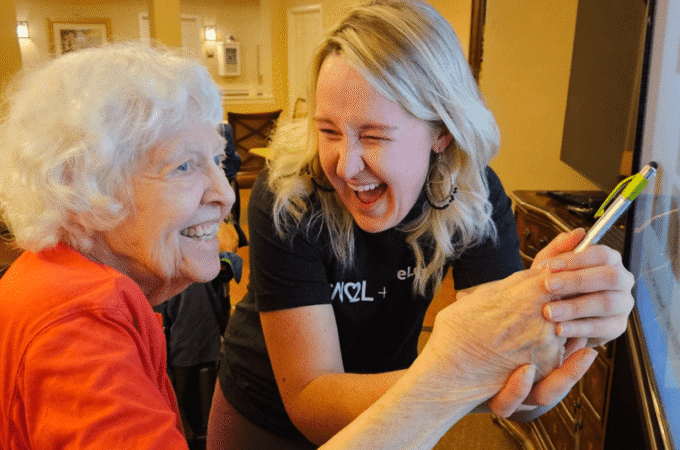
More Than Just Boxes: Helping Your Elderly Loved One Settle Into a New Senior Living Community
Moving an elderly parent or loved one to a senior living community is a different kind of transition. Sure, there are boxes and checklists, but underneath it all, there’s real emotion—nerves, hope, maybe even a hint of sadness.
If you’re trying to make their new place feel less like a stopover and more like home, you’re not alone. Here’s how to ease the bumps along the way, with honest advice and a few ideas that can make a world of difference.
First Impressions Matter
Let’s be honest. First days are awkward, no matter your age. If you can, be there when your loved one arrives. Bring familiar touches: the well-worn chair that’s molded to fit them perfectly, photos that say “This is my life,” and that quilt they don’t let anyone else touch. The goal is to fill the new space with personal comfort. Not everything needs to come out of a moving truck—sometimes a single vase or a favorite clock can go a long way.
Don’t Just Unpack—Make Memories
Settling in isn’t just about where the coffee mugs go. Once things are put away, encourage your loved one to get out and about. Join them for an activity if possible, or introduce them to neighbors during meal times. Staying socially connected is key to a healthy adjustment, so help them find a hobby club, card game, or walking group that matches their interests. If bingo’s not their thing, that’s okay—birdwatching or book clubs can be even better.
Routine is a Secret Weapon
The first week can feel like controlled chaos. Routines help. Try to keep mealtimes, phone calls, or favorite TV shows on the schedule they’re used to. This consistency makes a massive difference when everything else is new. Even something as simple as a daily walk in the garden or a weekly video call with grandkids offers a sense of stability.
Let Them Take the Lead
Remember, they’ve lived a long life and have opinions on most things. Invite their input. What meal do they want to have first? Is there a neighbor they’d like to meet? If the community allows, maybe they want to try a painting class or help in the communal garden. The more say they have, the more this new chapter starts to feel like their own, not something that just “happened” to them.
Keep Lines Open and Visits Regular
Even if you can’t stop by every day, regular visits (or phone calls) make a huge difference. Ask real questions—How was lunch? Did you meet anyone interesting? If worries pop up, address them together. It might take some time, but reassurance and familiar faces help make any place feel safer. Keep communication honest but positive, focusing on progress and new friendships.
Patience Counts
Every adjustment is a process. Some folks blossom quickly, others warm up a little slower. Just be there—bring patience, a listening ear, and maybe a batch of homemade cookies for good measure. Settling in happens in small, everyday moments, and with your support, your loved one can find comfort and confidence in their new home.




